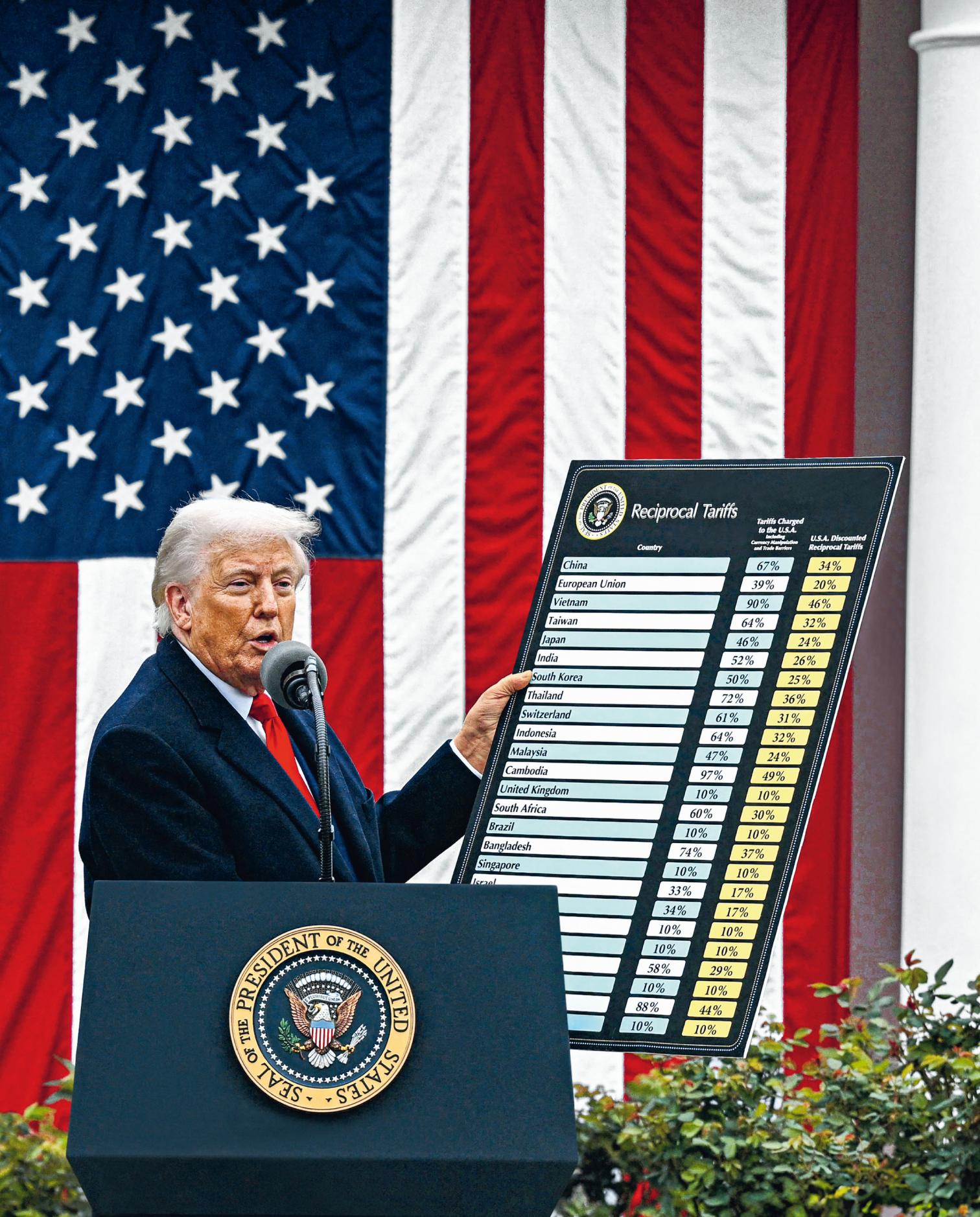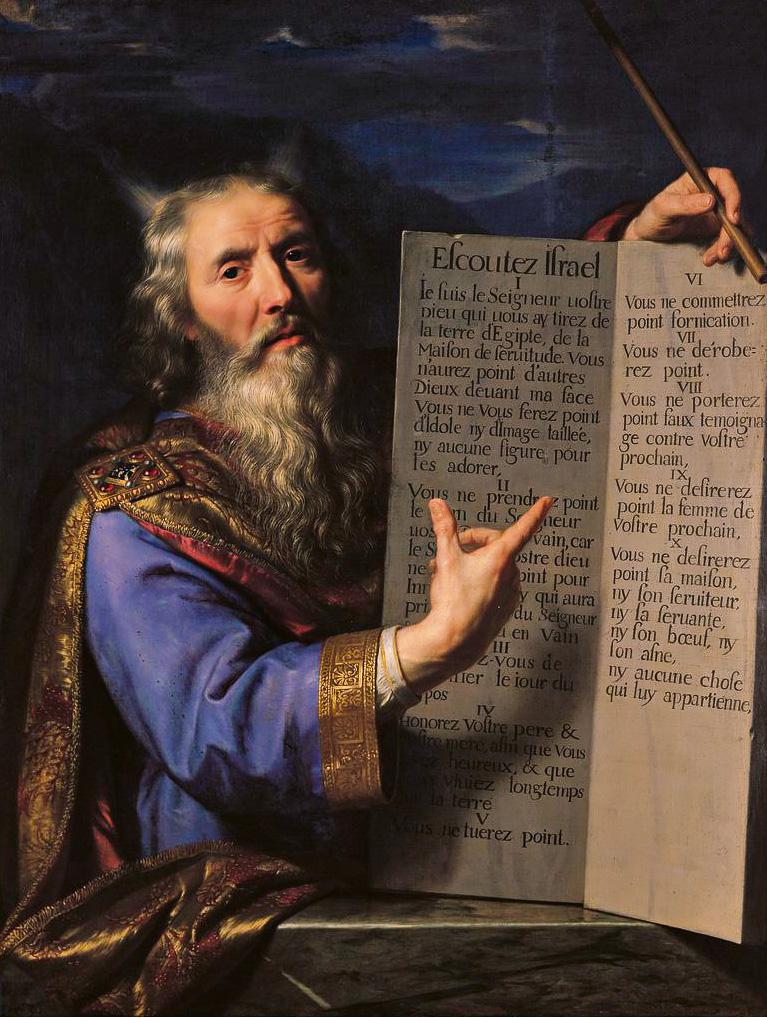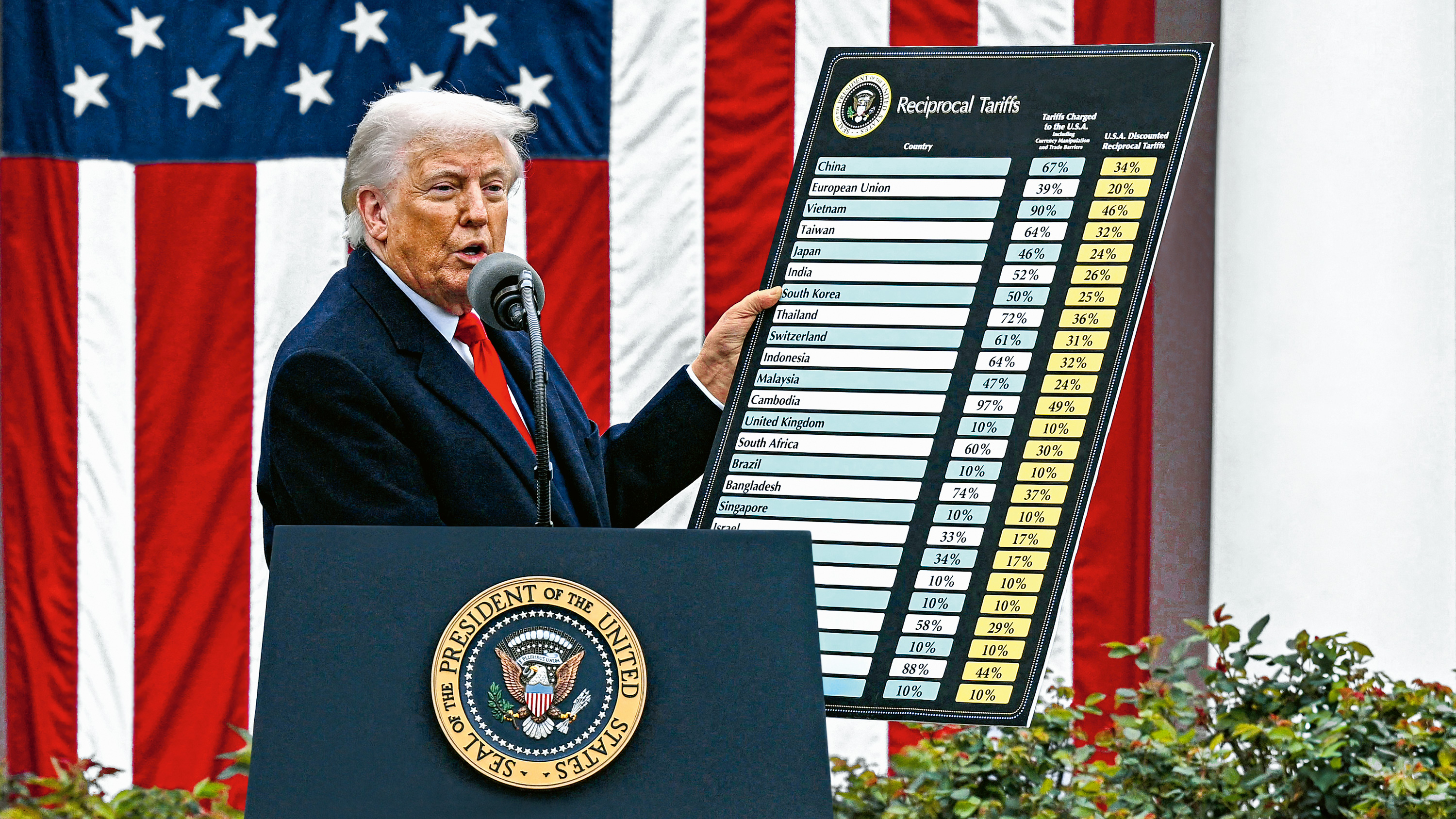
Donald Trump announces tariffs for countries with trade ties to the United States, April 2
Liberation Day was the day that disorder began. Donald Trump chose 2 April to present the new tables of Law, but his tariff commandments unleashed economic chaos and, like Moses upon descending from Mount Sinai, he was soon forced to break the tablets. We ended 2024 announcing ‘the coming disorder,’ and in the spring of 2025 disorder has fallen upon us. During that year we saw the then candidate to the presidency transit from the Ulysses of the many tricks to the choleric Achilles after the assassination attempt, and we thought that once on the throne of the White House he would combine the roles of a bellicose David governing by executive order and a wise Salomon hoping to be remembered as the pacifier of Ukraine and Gaza. But Trump has preferred to take on the role of liberator, freeing his people from commercial slavery and, brandishing ‘reciprocal tariff’ tablets, shake the markets of the planet with the wrath of Jupiter.
Far from being meekly accepted, the new commandments of the American empire caused an earthquake that has ruined the normative panorama built after World War II, and have perhaps irreversibly damaged the fabric of trust on which commercial exchanges and political alliances are based. After a few days of total confusion, contradictory messages, and market plunges, a bond auction set off the alarms, and the tariffs – with the exception of those applied to China, which had responded strongly – were paused for three months to allow negotiations to develop. Trump had to break the tablets after finding that the unbelieving markets had their own golden calf and rejected his commandments, but the decision not to impose the tariffs immediately – a step back presented as a smart move in his particular ‘art of the deal’ – did not clear the future scenarios, and the world settled into the uncertainty of disorder.
From our European shelter, imperfect in many ways, today we face that situation with perplexity. It is true that the continent has depended too much on US military protection, that it regulates to ridiculous extremes, that it lacks technological companies, that it has an old population, and that its cultural and political fragmentation prevents it from acting with determination and speed. But Europe enjoys a strong welfare state, with reduced social inequality, good healthcare, high life expectancy, and friendly urban environments. As The Economist points out: “Europeans have created a place where they are guaranteed rights to what others yearn for: life, liberty, and the pursuit of happiness.” But perhaps this provisional paradise is not sustainable, as we see the disorder of the world threaten everything we took for granted in the intimate, fragile atmosphere of this open-air museum, our Old Continent.

Philippe de Champaigne, Moïse et les Tables de la Loi, 1663



